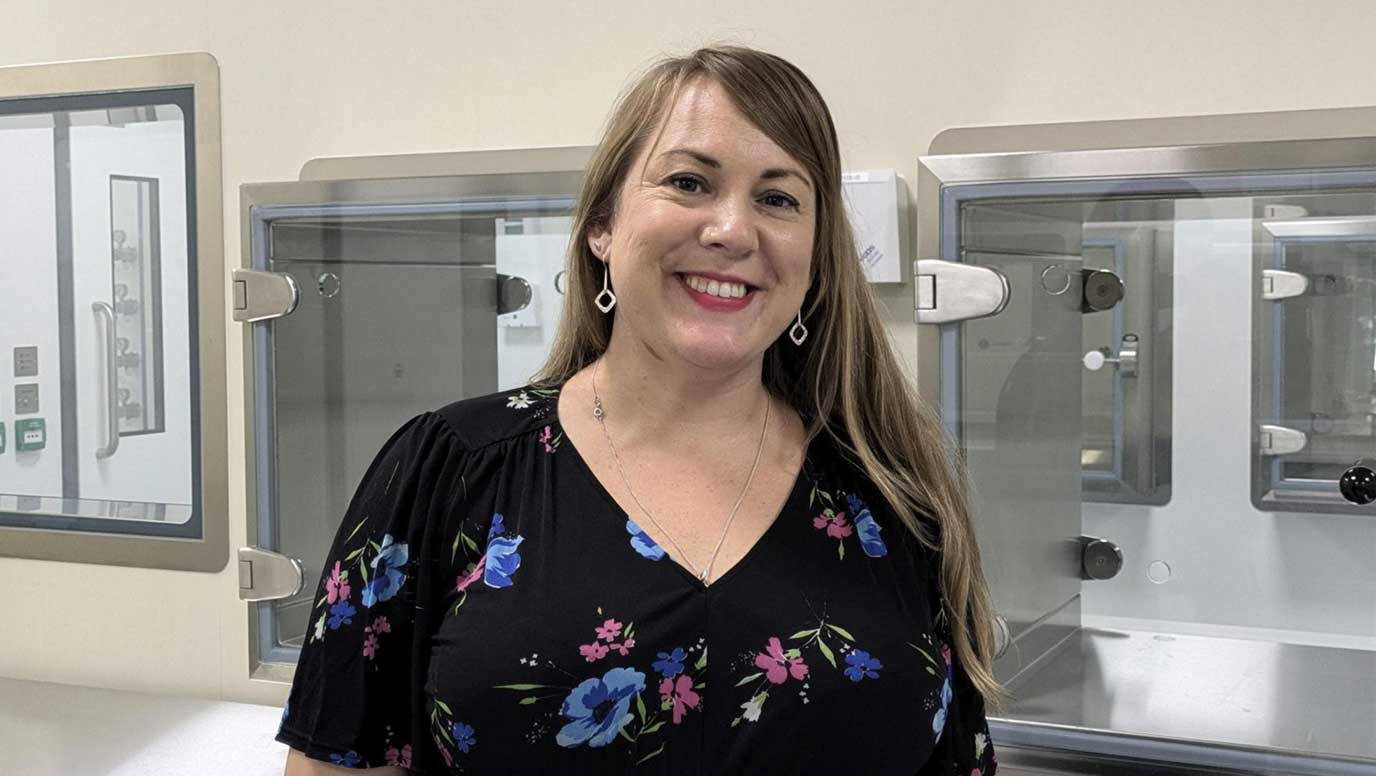New lab to make CAR-T cells for blood cancer patients in Cambridge

The Cambridge lab will be one of only a handful of sites across the UK able to manufacture the cutting-edge cells for use in clinical trials and to develop new CAR-T cell therapies against different cancers and auto-immune diseases.
CAR-T, or chimeric antigen reception T cell therapy, is offered to adult patients with aggressive B-cell lymphomas and acute lymphoblastic leukaemia (ALL), who have either relapsed, or not responded well to chemotherapy or a stem cell transplant.
Addenbrooke’s became the first hospital in the East of England to offer the revolutionary cancer treatment and has now treated over a hundred adult CAR-T patients from the region. The pioneering immunotherapy works by re-engineering or ‘supercharging’ a patient’s own immune system, training their own immune cells known as T-cells, to fight and destroy the cancer.
CAR-T cell therapy is a living treatment in that once the cells are given to a patient, they persist for many months or even years, ready to attack the cancer cells should they pop up again.
The announcement comes as Cambridge University Hospitals NHS Foundation Trust has just been awarded £1.4 million grant funding from the National Institute of Health Research (NIHR) to help supply the equipment for the laboratory’s research, and to deliver more clinical trials to patients across the East of England.
The new clean-rooms, set to open in the next 12-18 months, will expand the facilities of the current Cambridge Cellular Therapy Laboratory at Addenbrooke’s, to help deliver more treatments to more patients, in readiness for the new Cambridge Cancer Research Hospital on track to be built by 2029.
Sarah Albon is the director of the Cambridge Cellular Therapy Laboratory (CCTL) at Addenbrooke’s. She leads a team that is critical to the delivery of CAR-T cell therapies and bone marrow and stem cell transplants for patients from across the whole of the East of England.
Albon said: “At the moment, there are a number of novel cell therapy products available commercially, but as an NHS Trust we have to buy them in for our patients.
“Having this state-of-the-art space is the missing part of the puzzle for bringing cell therapies from the research bench to bedside.
“It will enable us to translate research into high-quality medicine, readily available for our patients and the new Cambridge Cancer Research Hospital, planned to be built here in Cambridge.”
Dr Ben Uttenthal, clinical lead for the CAR-T cell therapy programme at Addenbrooke’s and Co-Director of the Cancer Research UK Cambridge Centre’s Cancer Immunology Programme, added: “For some types of aggressive cancer we are finding that we can cure more than double the number of patients using CAR-T cell therapy. It’s been a game-changing treatment[FJ1] – and we’re only just scratching the surface of what’s possible.
“The University of Cambridge has world-leading expertise in identifying new targets for CAR-T cells to treat other kinds of cancers. This funding from the NIHR will give a huge boost to our ability to manufacture these new CAR-T cells for different cancers so that we can offer them to patients in clinical trials.
“In the future, if our clinical trials are successful, we can then look to scale up and roll out treatments nationally and globally, and that’s a really exciting prospect.”

